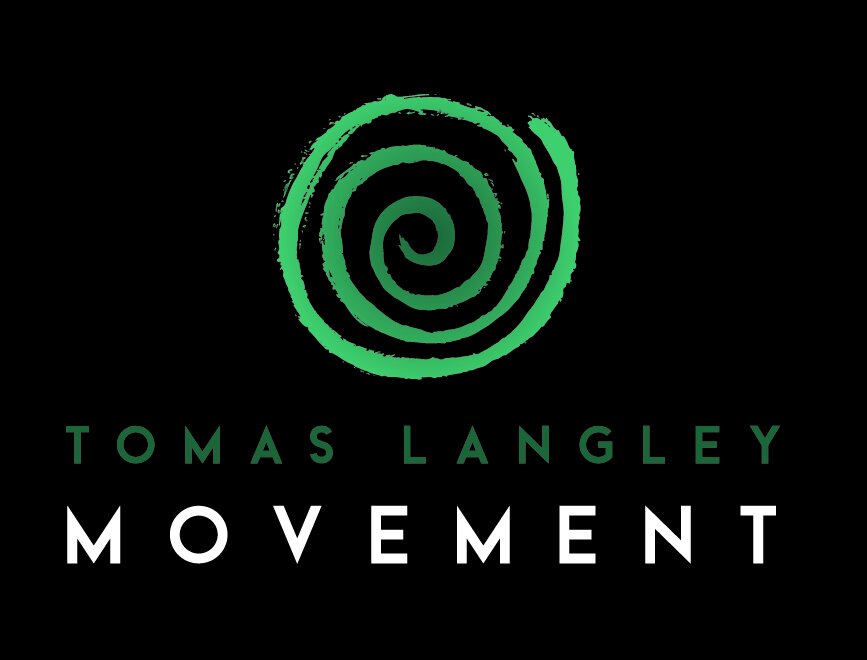An Aside
The last 18 months or so has been particularly challenging. Things are different now and they’ll never be the same again. I’m okay, change isn't all bad but I’m grieving for the loss. I’m being cryptic about what exactly I’m talking about here because I’m simultaneously embarrassed about the triviality of my problems and learning to accept that they have been serious problems for me. I’m not embarrassed to say that I’ve sought quite a lot of help from friends, family, and medical professionals. It has meant the world to me and I thank each and every one of them for what they’ve done.
While this is still going on, I’m not ready to talk openly about it. But I do intend to share later - I think my experiences can help you. As for right now, I want to talk to you about some of the philosophy that is helping me. Seneca[1] and stoic philosophy might help you too.
Seneca’s letter on Grief and the Key to Resilience in the Face of Loss
This post was prompted when I received the excellent Brain Pickings newsletter that included a write up of Seneca’s letter to his mother on Grief and the Key to Resilience in the Face of Loss. Most striking to me was this section on taking things for granted:
No man has been shattered by the blows of Fortune unless he was first deceived by her favours. Those who loved her gifts as if they were their own for ever, who wanted to be admired on account of them, are laid low and grieve when the false and transient pleasures desert their vain and childish minds, ignorant of every stable pleasure. But the man who is not puffed up in good times does not collapse either when they change. His fortitude is already tested and he maintains a mind unconquered in the face of either condition: for in the midst of prosperity he has tried his own strength against adversity.
This is not a call to simply expect the worst all the time and remain cynical about all good times; but rather a call to use fortunate times to prepare oneself for bad times. Enjoy the good times, but do not take them for granted as though they will last forever. This will not only let you enjoy the good times more thoroughly, but also prepare you for when they may pass.
Seneca’s Moral Letters to Lucilius - On Festivals and Fasting
In another of his letters (to Lucilius), Seneca touches on this same idea.
Set aside a certain number of days, during which you shall be content with the scantiest and cheapest fare, with coarse and rough dress, saying to yourself the while: “Is this the condition that I feared?” It is precisely in times of immunity from care that the soul should toughen itself beforehand for occasions of greater stress, and it is while Fortune is kind that it should fortify itself against her violence.
I read this passage for the first time about two years ago. As it turns out, I’ve had quite a few days in the past 18 months where I have asked myself “is this the condition that I feared?” Even though I was not purposefully putting myself through hardship as Seneca is suggesting to Lucilius, this question was still helpful to step outside my experience, even for a moment so I could observe it for what it was. Seneca is saying that one should practice this skill so that it comes more easily in times of hardship.
Ride the Wave of your Experiences
Seneca’s letter to his mother on grief recommends that it is better to ride the wave of our experiences rather than avoid them:
It is better to conquer our grief than to deceive it. For if it has withdrawn, being merely beguiled by pleasures and preoccupations, it starts up again and from its very respite gains force to savage us. But the grief that has been conquered by reason is calmed for ever. I am not therefore going to prescribe for you those remedies which I know many people have used, that you divert or cheer yourself by a long or pleasant journey abroad, or spend a lot of time carefully going through your accounts and administering your estate, or constantly be involved in some new activity. All those things help only for a short time; they do not cure grief but hinder it. But I would rather end it than distract it.
This applies for many emotional experiences. Anxiety about emotions can rise rapidly and avoiding them feels good in the moment. In this way, we are rewarded each time we avoid, further reinforcing that behaviour. But the problem is, it doesn’t deal with the emotions that are troubling us. If anything, avoiding the emotions can make them larger and harder to tackle.
Of course, all of this is easier said than done. I’m bad at this. But I try to use Seneca’s question to pull myself out of the experience so I can observe it: “is this the condition that I feared?”
If you’d like to hear more, you can sign up below. When I’m ready, I’ll send you the whole story.
Image: morhamedufmg





